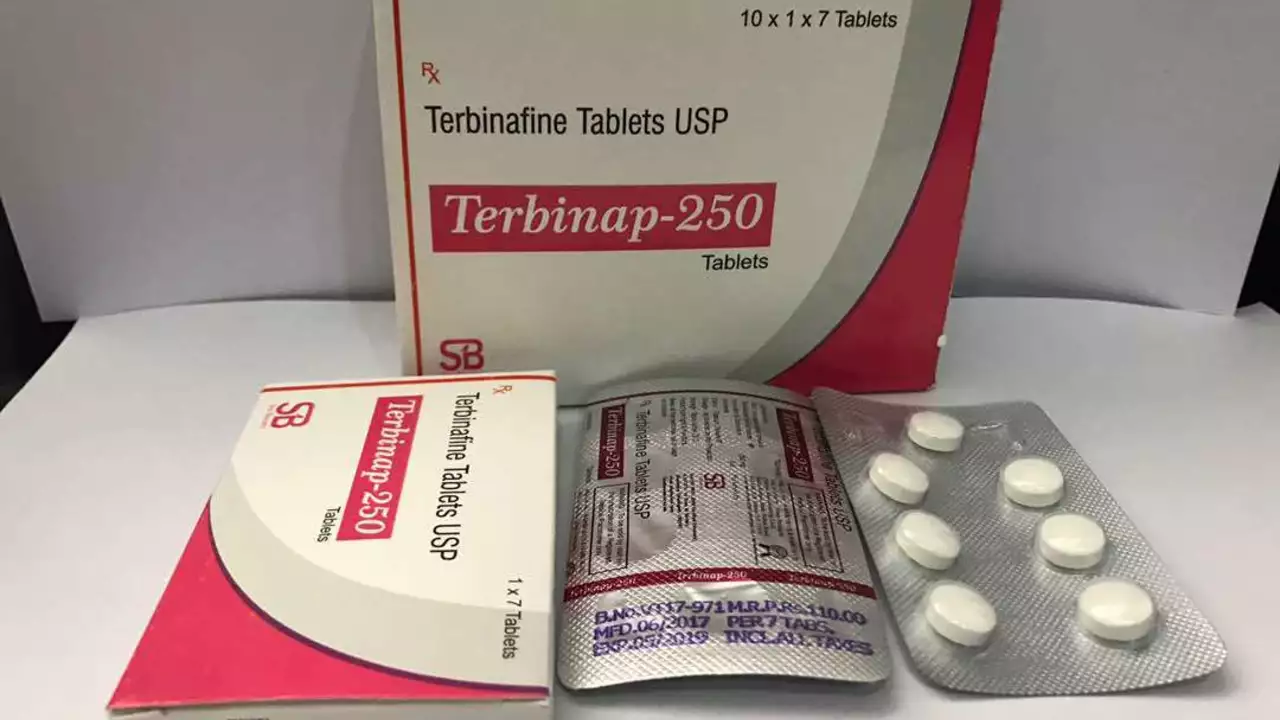Terbinafine: What It Does and How It Helps
If you're dealing with fungal infections, terbinafine might be a name you've heard. This medication is often used to fight fungi causing issues like athlete's foot, ringworm, and nail infections. It works by killing the fungi or stopping their growth, making it easier for your body to clear the infection.
Terbinafine can come as a cream, spray, or tablets, depending on the type and area of infection. For skin issues, topical forms usually do the job. But when nails or more stubborn infections are involved, oral tablets might be necessary. The treatment length varies—skin infections might clear up in a few weeks, but nail fungus often takes a few months.
How to Use Terbinafine Safely
Following your doctor's instructions is key. If you’re using topical terbinafine, clean and dry the infected area before applying the cream or spray. Apply it consistently, even if symptoms improve quickly, to prevent the fungus from coming back.
When taking tablets, don’t skip doses and complete the prescribed course. Stopping early can let the infection return and even become harder to treat. Also, terbinafine tablets can sometimes affect your liver, so your doctor might check your liver function with blood tests before and during treatment.
What to Watch Out For
Some people might get side effects like rash, stomach upset, or headache. Serious reactions are rare but possible, so contact your healthcare provider if you notice yellowing of your skin or eyes, dark urine, or severe allergic symptoms like swelling or difficulty breathing.
It’s also important to avoid sharing terbinafine with others and to talk to your doctor if you’re pregnant, breastfeeding, or taking other medications. Some drugs can interact with terbinafine, changing how well it works or increasing side effect risks.
In short, terbinafine is a powerful tool against fungal infections when used correctly. Knowing how to use it safely and what to expect can help you get back on track with healthy skin and nails more quickly.

